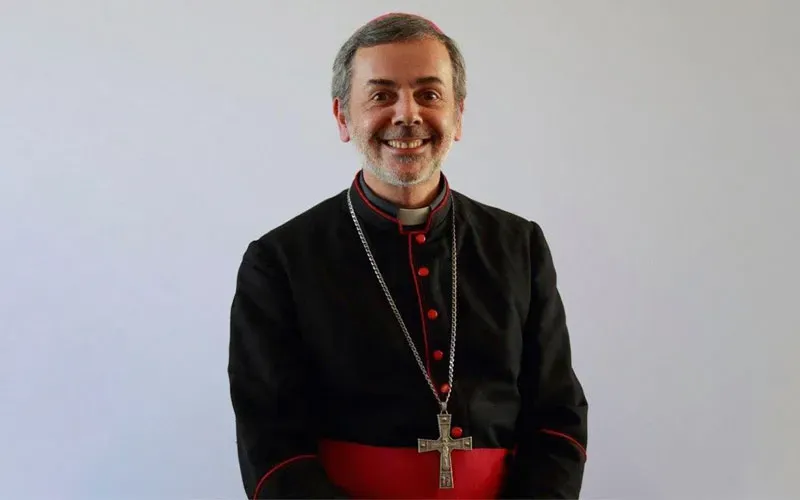Manzini, 07 September, 2021 / 8:09 pm (ACI Africa).
The Catholic Bishop of Manzini, the only Diocese in the Kingdom of Eswatini, has expressed concern over the situation of ambiguity in the country following recent pro-democracy protests that turned violent.
Pro-democracy protests rocked the Southern African Kingdom in June resulting in the deaths of at least 50 people.
“The government has not yet given any indications about the way forward and how the issues raised by the unrest would be addressed,” Bishop José Luis Ponce de León has been quoted as saying in a Tuesday, September 7 news report.
Making reference to King Mswati III’s call for prayer in the country, Bishop Ponce de León further says, “Action should follow prayer and that one should not expect God to solve our problems without our own commitment.”
King Mswati called on the people of God in the Southern African nation previously known as Swaziland to observe three days of prayer and fasting from August 26 to 28 for the country’s healing.








